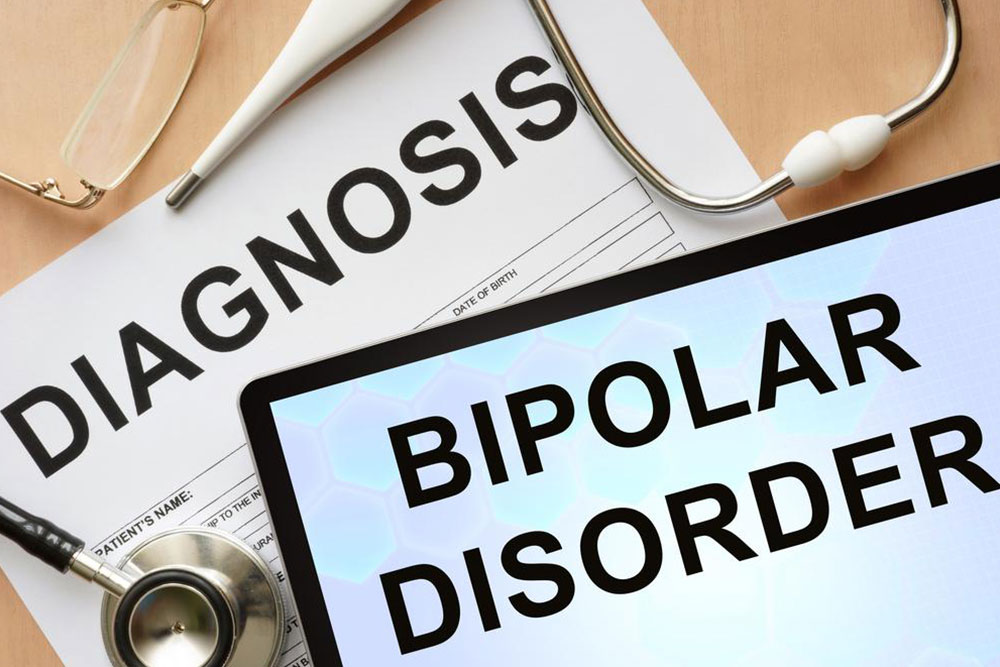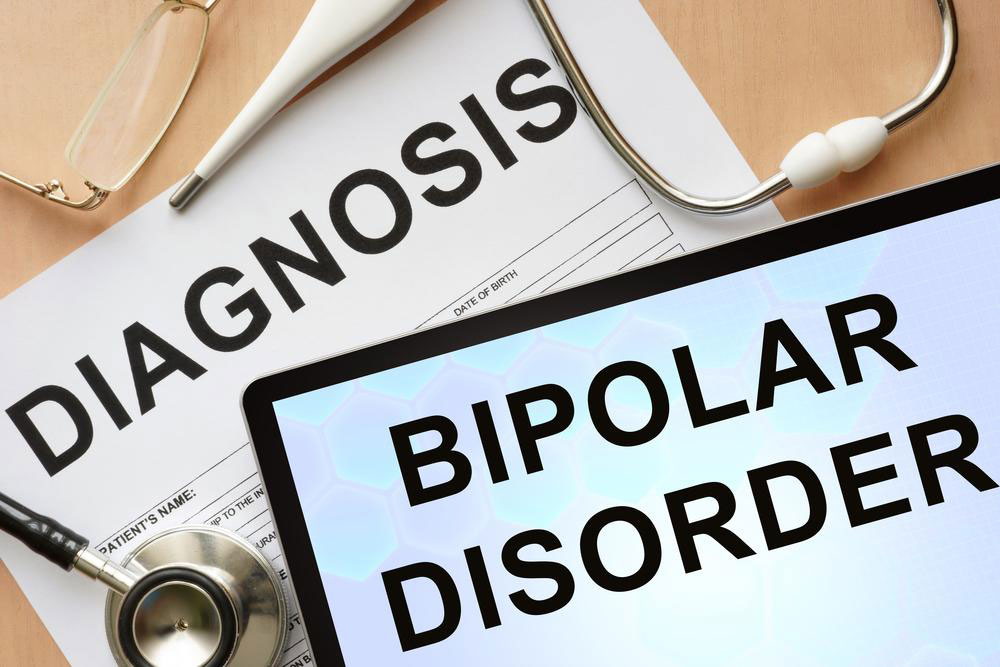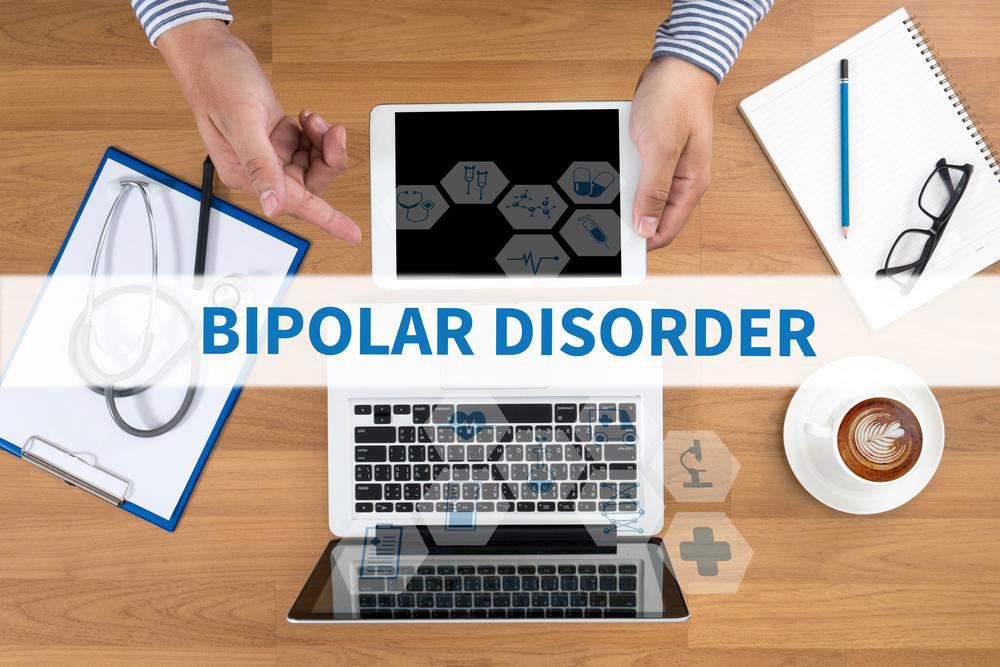Recognizing the Subtle Signs and Symptoms of Bipolar Disorder for Early Intervention
This comprehensive article delves into the subtle and early signs of bipolar disorder, emphasizing the importance of recognition for timely intervention. It explores mood swings, manic and depressive episodes, cognitive impairments, and behavioral changes, providing vital insights for individuals and healthcare providers. Early diagnosis through awareness of these nuanced symptoms can significantly improve management and quality of life for those affected by this complex mental health condition.

Recognizing the Subtle Signs and Symptoms of Bipolar Disorder for Early Intervention
Bipolar disorder, also known as manic-depressive illness, is a complex mental health condition that significantly affects an individual's mood, energy levels, and overall functioning. It often presents with unpredictable shifts between episodes of mania and depression, making early detection crucial for effective management and improved quality of life. Many individuals and even some healthcare professionals may not easily identify the early signs due to the subtlety and variability of symptoms.
Understanding the nuanced indicators of bipolar disorder can facilitate timely diagnosis, enabling appropriate treatment strategies such as therapy, medication, and lifestyle adjustments. This comprehensive guide explores the key symptoms and signs associated with bipolar disorder, emphasizing the importance of awareness and early intervention to prevent severe episodes and improve long-term outcomes.
Mood Swings and Instability: One of the hallmark features of bipolar disorder is the presence of rapid or significant mood swings that occur over days or weeks. These mood fluctuations can sometimes be mistaken for usual emotional responses but, when persistent and extreme, signal underlying bipolarity. Individuals may oscillate between feelings of extreme happiness or irritability during manic phases and deep sadness or hopelessness during depressive episodes.
Episodes of Elevated Mood and High Energy: During manic episodes, individuals often exhibit an abnormally elevated or euphoric mood. They may display increased energy, decreased need for sleep, inflated self-esteem, and impulsive behavior. These periods can involve risky activities such as reckless financial decisions, excessive socializing, or substance abuse. Recognizing these behaviors as symptoms rather than personality traits is vital.
Depressive Symptoms and Feelings of Hopelessness: Conversely, depressive phases are characterized by persistent feelings of sadness, worthlessness, loss of interest, and fatigue. Individuals might also experience difficulty concentrating, memory issues, and suicidal thoughts. Since depressive episodes can last weeks or even months, early recognition and treatment are essential to prevent deterioration.
Impaired Concentration and Cognitive Difficulties: Both during manic and depressive phases, cognitive impairment can surface. These may include decreased focus, forgetfulness, and difficulty making decisions. These subtle signs are often overlooked but are critical indicators of bipolar disorder when combined with other mood symptoms.
Subtle Behavioral Changes and Risk-Taking: Increased activity levels, impulsivity, and risky behavior can be early cues. This might involve sudden changes in social behavior, reckless spending, or unsafe sexual practices, often occurring during the manic phases.
Sleep Disruptions: Alterations in sleep patterns—such as insomnia or sleeping excessively—are common. During mania, individuals may need little sleep yet feel energetic, while depression might cause hypersomnia.
Thought Patterns and Possible Suicidal Ideation: Ruminations about death or self-harm during depressive episodes require immediate attention. Recognizing these mental health warnings can be life-saving.
Early diagnosis of bipolar disorder involves thorough clinical assessment, including interviews, mood diaries, and sometimes neuropsychological testing. Recognizing these subtle early signs allows healthcare providers to establish interventions that can stabilize mood swings and reduce the severity of episodes.
Effective management of bipolar disorder typically entails a combination of medication, psychotherapy, lifestyle modifications, and ongoing support. Patients and their families benefit from education about the disorder, awareness of warning signs, and establishing routines that support mental health. Despite its complexity, with appropriate intervention, many individuals with bipolar disorder can lead fulfilling and productive lives.
Key Symptoms of Bipolar Disorder
Early Warning Signs of Mood Swings
Impact of Rapid Mood Changes
Signs of Manic and Depressive Episodes
Importance of Timely Diagnosis and Treatment





